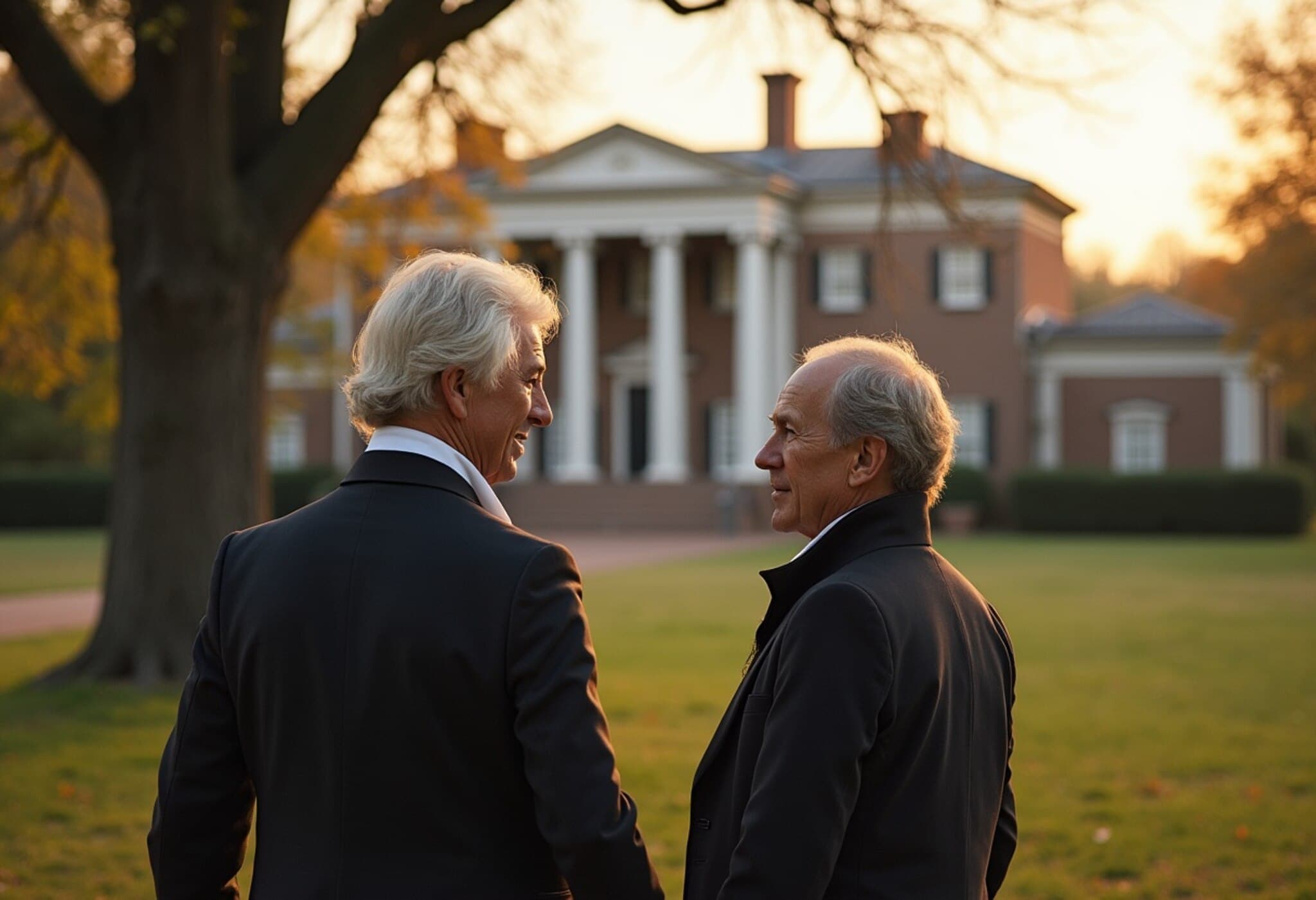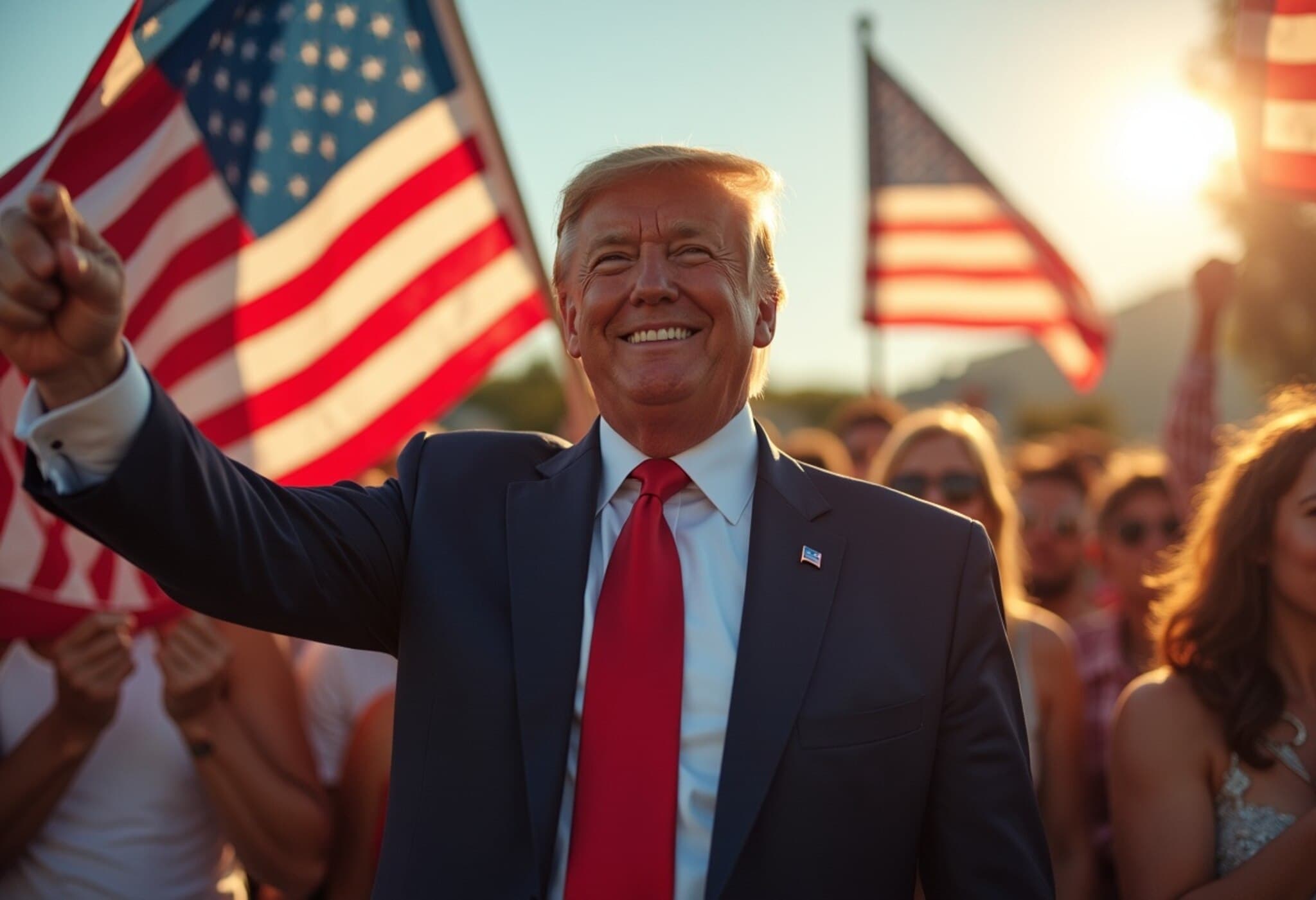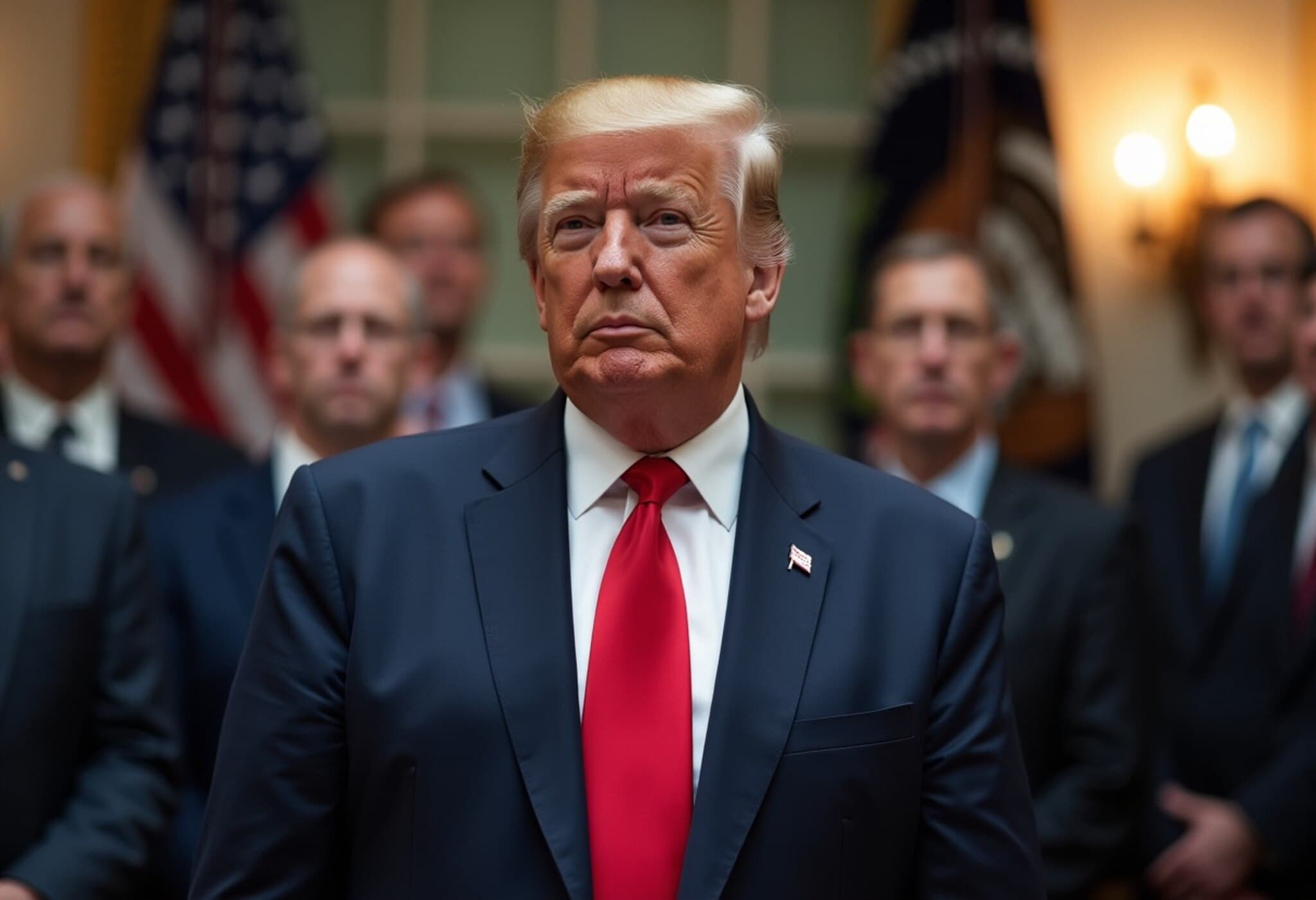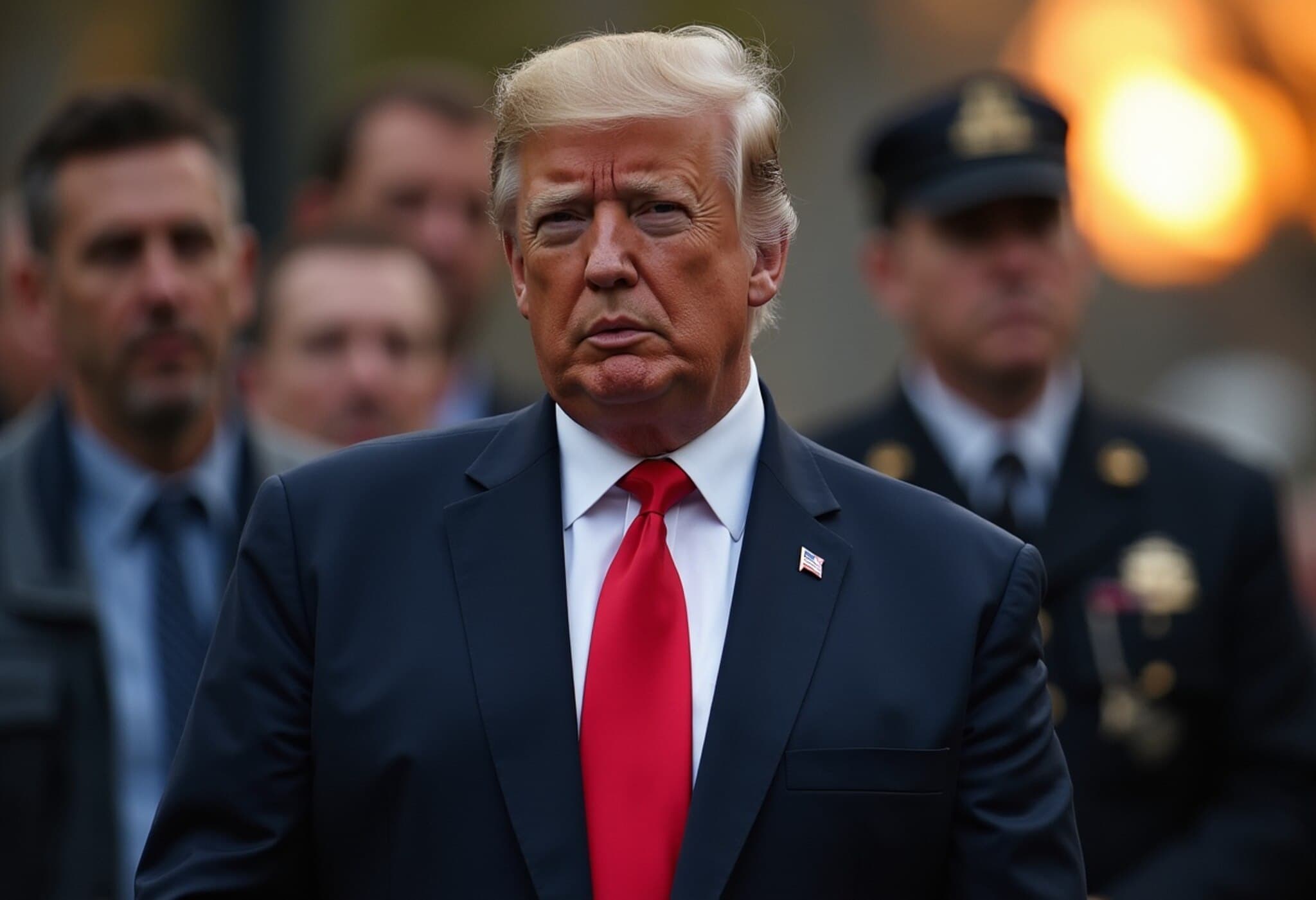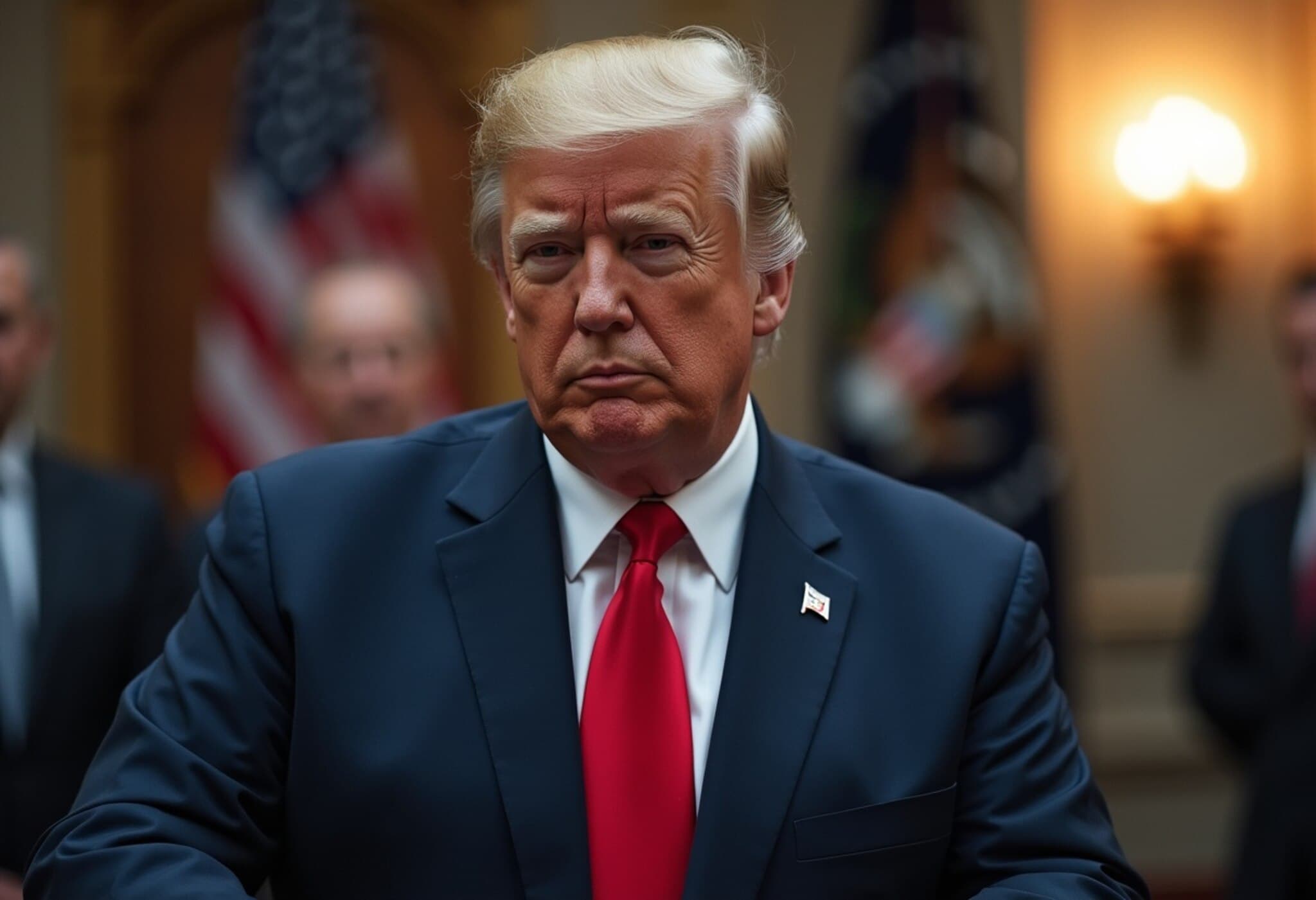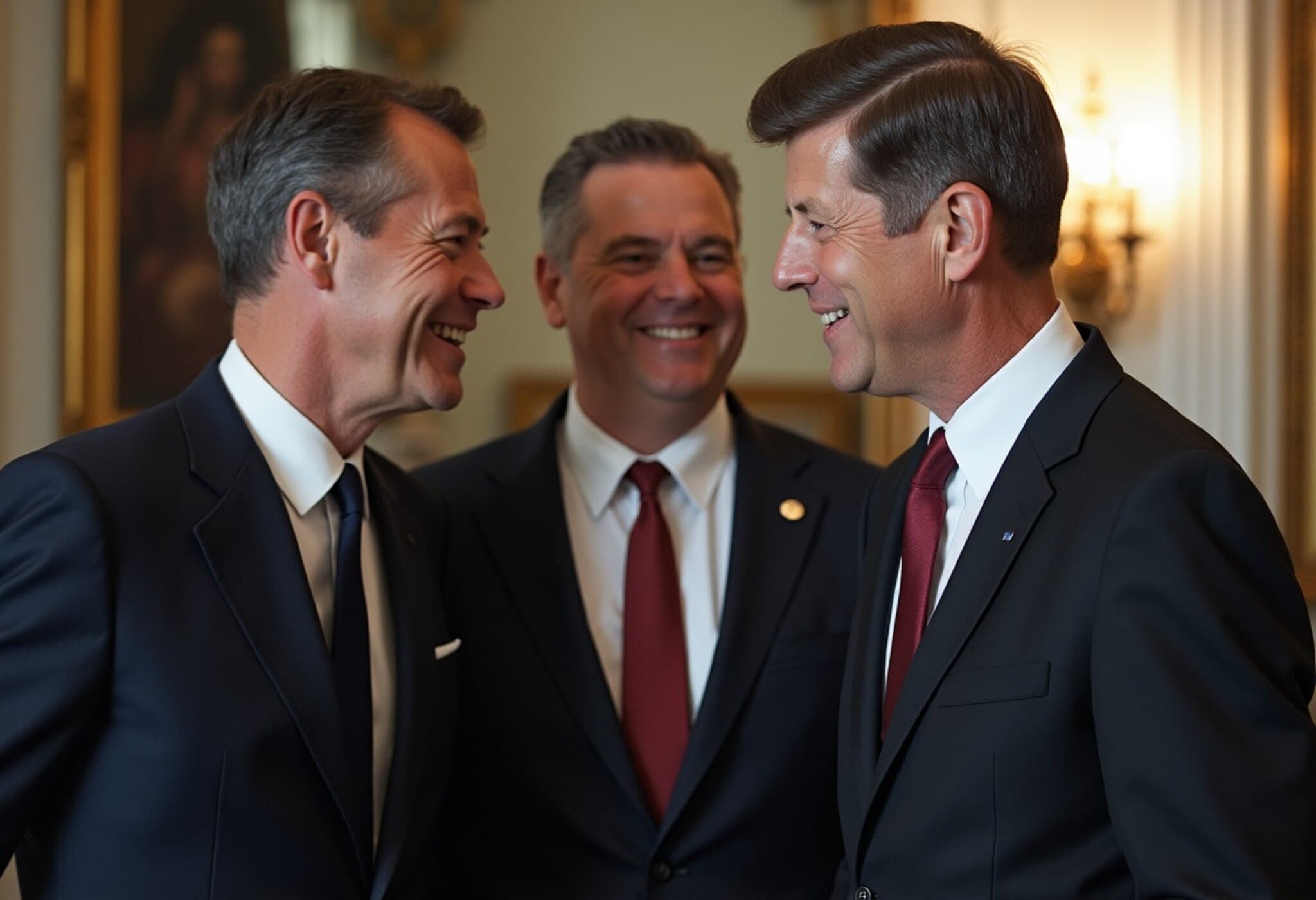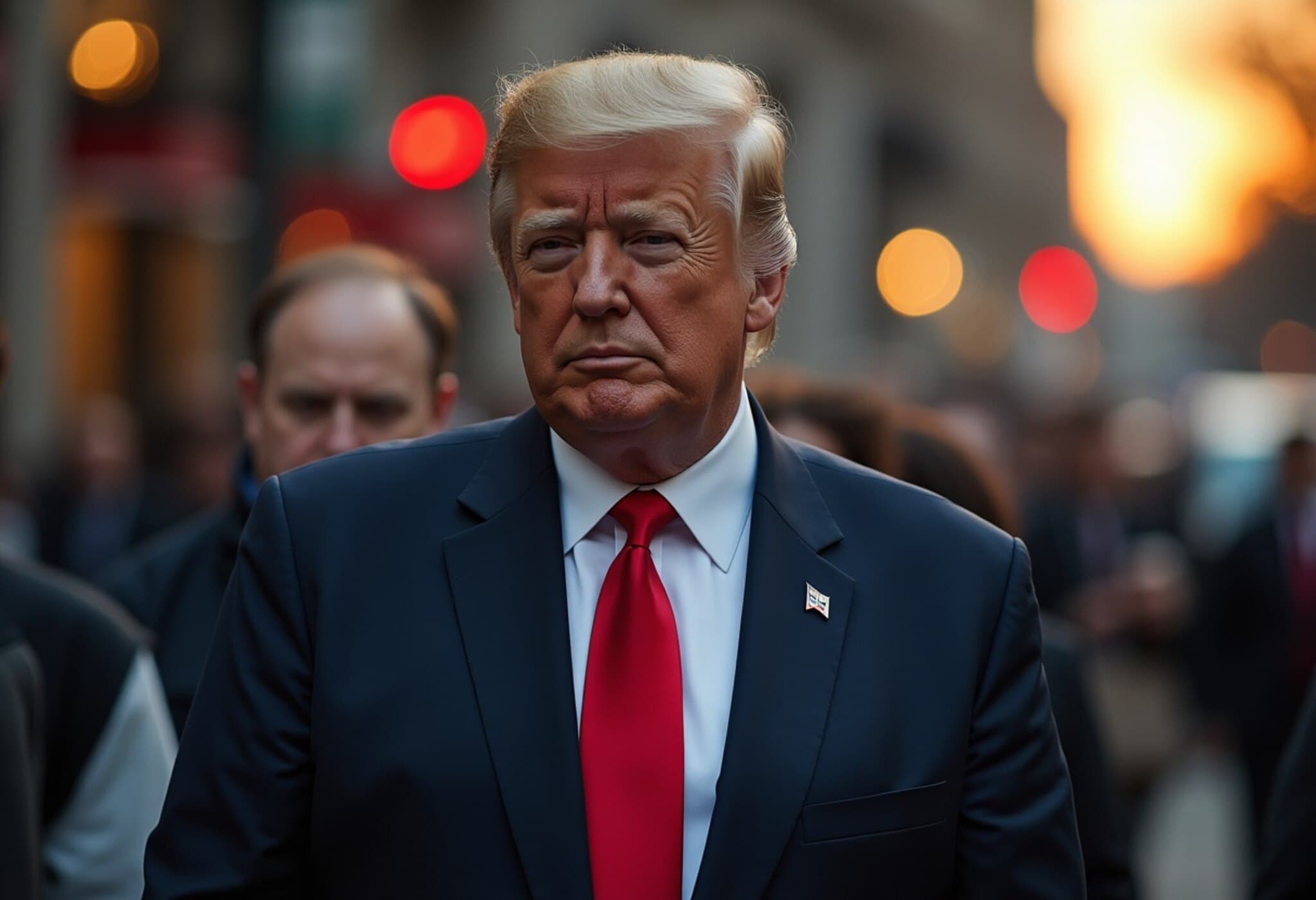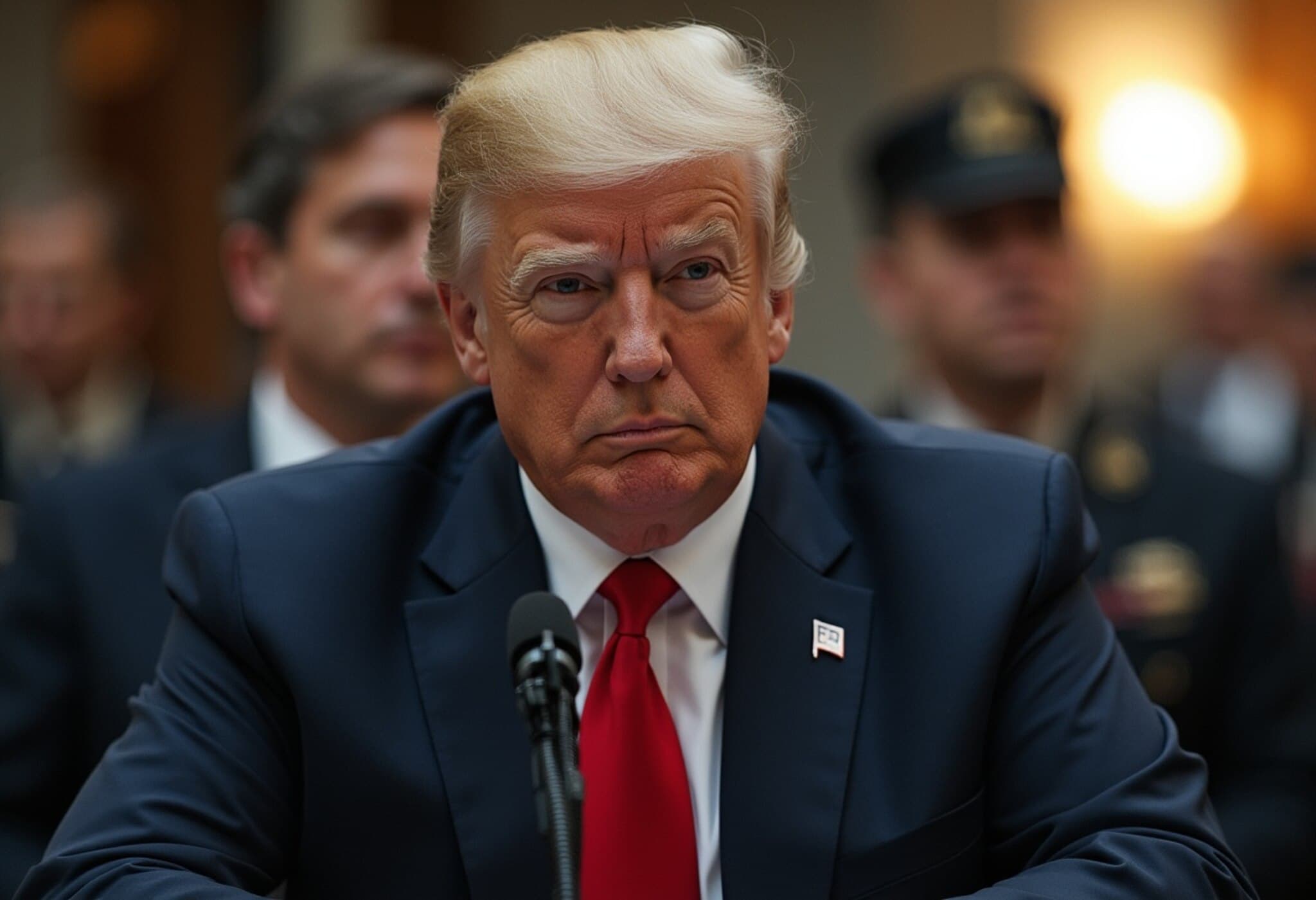A Personal Journey at Monticello: Revisiting the Past to Understand Today
This Independence Day, I invited my brother Kevin to join me for a visit to Thomas Jefferson’s Monticello in Charlottesville, where a new exhibit illuminates the tempestuous friendship between Jefferson and John Adams. Their correspondence, comprising 158 letters over their final 14 years, represents one of the most remarkable dialogues in American history, revealing how two fiercely different personalities forged a fragile bond despite their political and personal rivalries.
A Tale of Friendship and Friction
Jefferson and Adams shared a profound admiration for William Shakespeare, often drawing on the Bard’s psychological insights as they navigated the complex task of designing a fledgling nation. One memorable anecdote recalls their visit to Shakespeare’s home in Stratford-upon-Avon, where Adams cheekily stole a piece from Shakespeare’s chair while Jefferson kissed it reverently. These moments humanize the founders, showcasing a blend of reverence, humor, and enduring bonds despite deep ideological clashes.
Bridging Divides: From Founders to Family
Jane Kamensky, a historian and the head of the Thomas Jefferson Foundation, recommended this visit to inspire meaningful dialogue across today's political divides—something my Trump-supporting brother and I could both appreciate. Kevin joked about being an example of civility amidst an era of increasing hostility, where incivility reigns and figures like Donald Trump and JD Vance thrive on division and rancor.
Reflections Amidst Revolutionary History
At Monticello, we spoke with famed documentarian Ken Burns, who shared insights from his upcoming PBS series on the American Revolution. He described the Revolution not just as a colonial dispute over taxes but as a brutal, international conflict involving countless nations and indigenous peoples, driven by lofty ideals about freedom and governance.
Burns emphasized that the Revolution’s success was against all odds, starting at Lexington Green where victory seemed impossible and culminating in a new political order that challenged imperial tyranny worldwide.
The Virtue Deficit in Modern Leadership
While Adams and Jefferson frequently debated the virtues necessary to shape a republic, today’s political landscape seems bereft of such ideals. Unlike the founders, who valued character and mutual respect, contemporary figures like Trump prioritize power, conflict, and self-enrichment over public good and humility.
The recent legislation pushed through by Trump, timed for patriotic symbolism on July 4, starkly contrasts with those founding principles. Though he claims protections remain, cuts exceeding $1 trillion to Medicaid will severely impact vulnerable populations, deepening inequality rather than promoting the equality celebrated in the Declaration of Independence.
Cultivating Unity Through Storytelling
When asked if genuine bipartisan understanding is still attainable, Ken Burns responded thoughtfully: “The best arguments won’t change minds; only compelling stories can crack entrenched viewpoints.” Stories can introduce nuance, helping people grasp that opposing truths can coexist, a lesson reflected in the restored friendship of Adams and Jefferson.
Finding Common Ground in a Fragmented Nation
Reading these letters reminded me of how my siblings and I navigate our political differences—not by confrontation but through respect, humor, and shared interests beyond politics. Just as Jefferson and Adams exchanged thoughts about wine, philosophy, and literature, we balance political discussions with conversations about movies and sports.
Embracing Complexity in American Identity
Ken Burns’ decades of work underscore the danger of binary thinking. Creating ‘us versus them’ divides runs counter to the inclusive vision embodied in America’s founding documents. As he put it, the goal should be to reintegrate the sense of collective “us” into the fabric of the United States.
Ultimately, reflecting on the founders’ complicated friendship offers a hopeful template for dialogue amid today’s polarized climate—reminding us that even deeply divided Americans can find shared humanity and common purpose.

